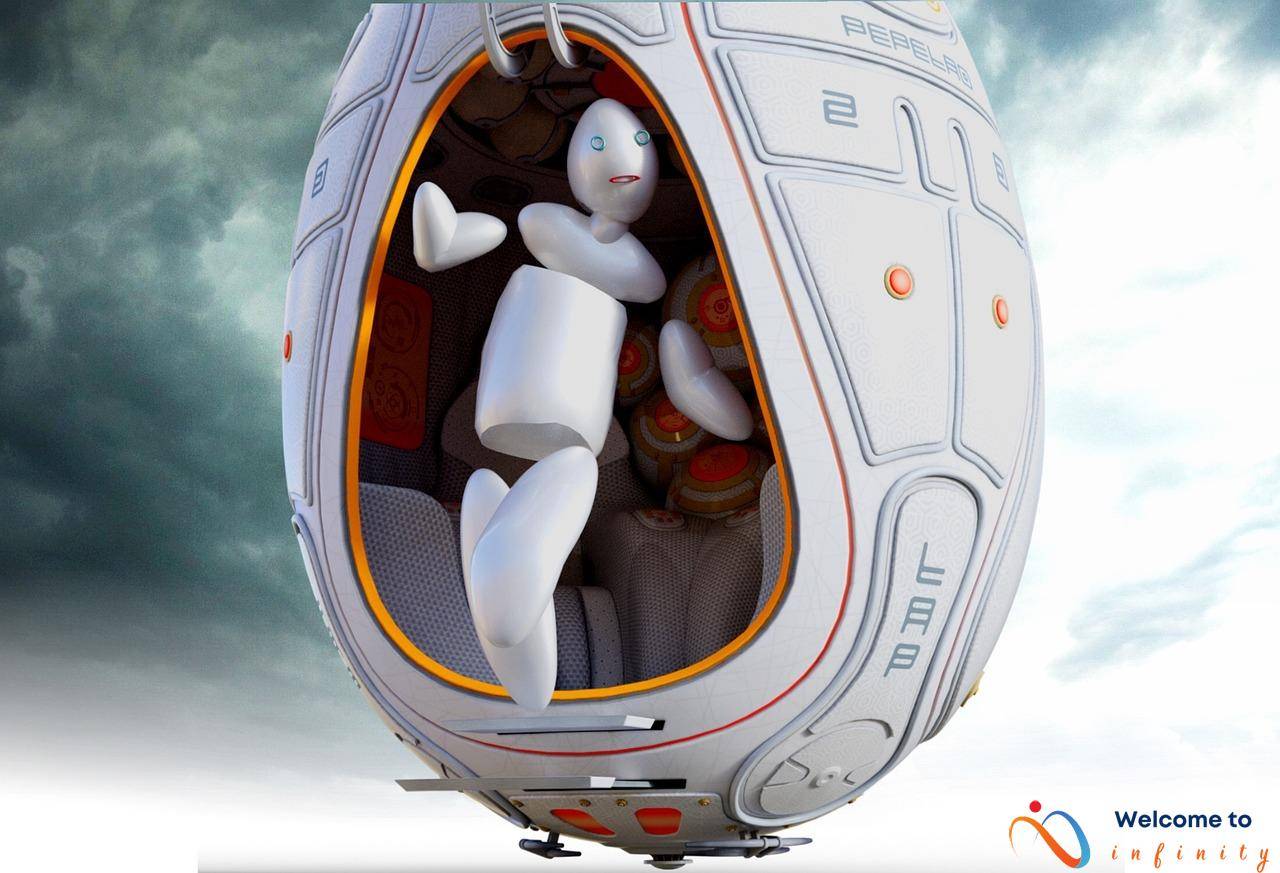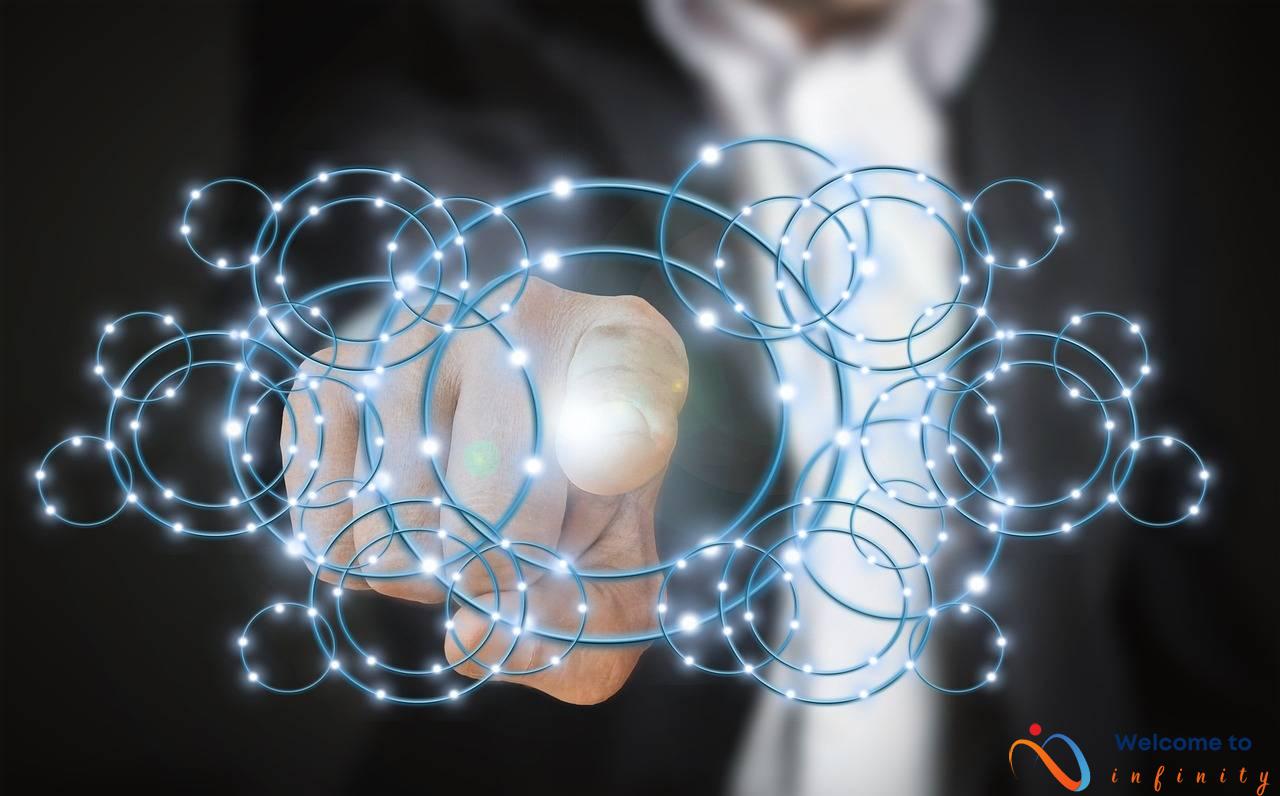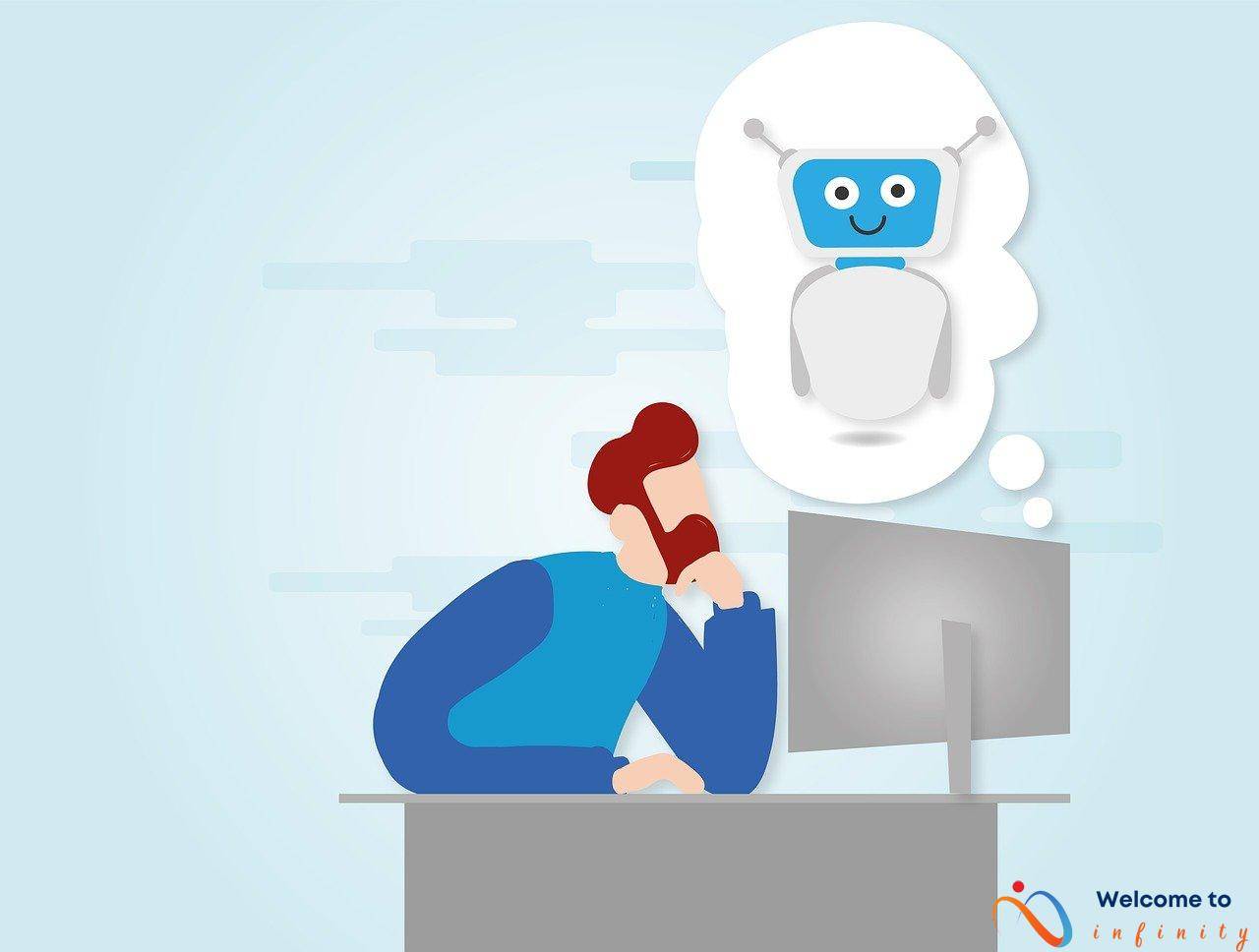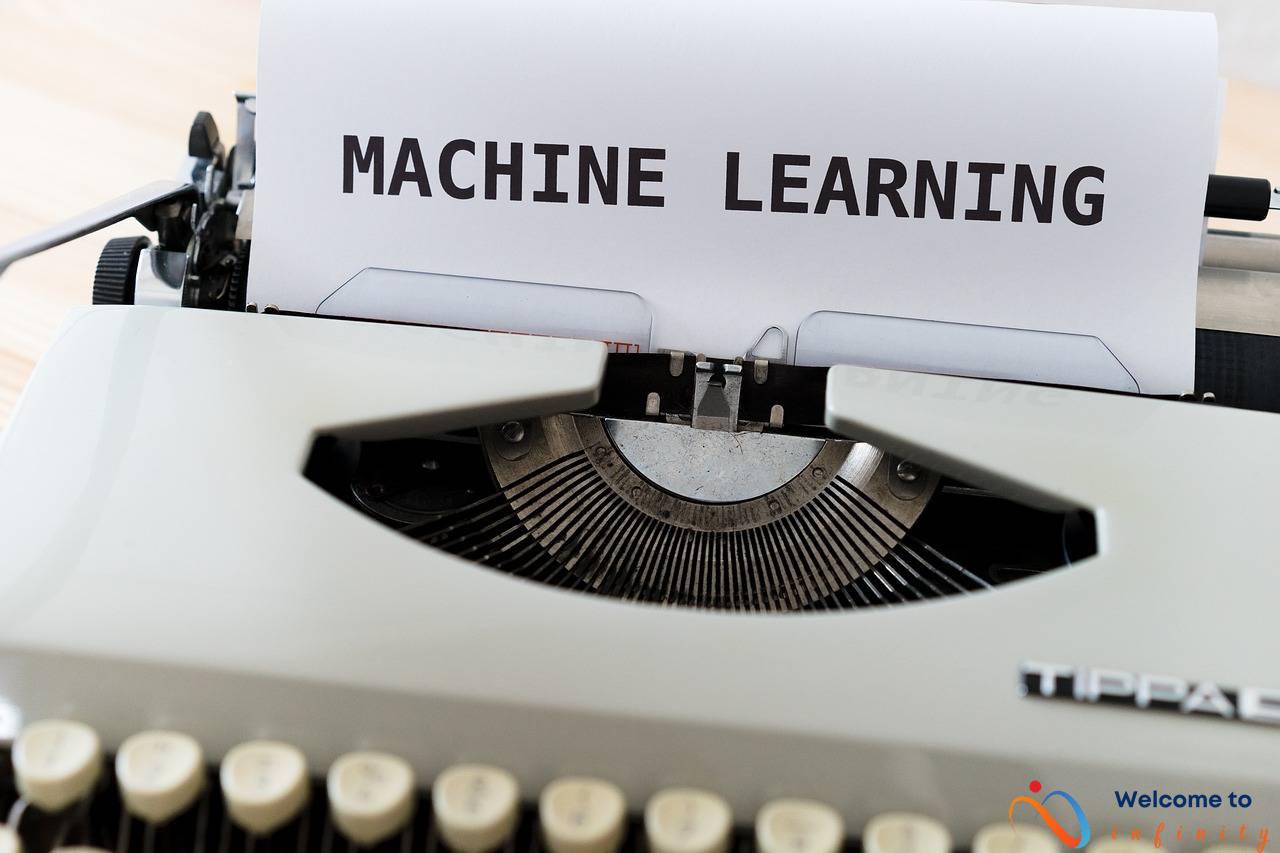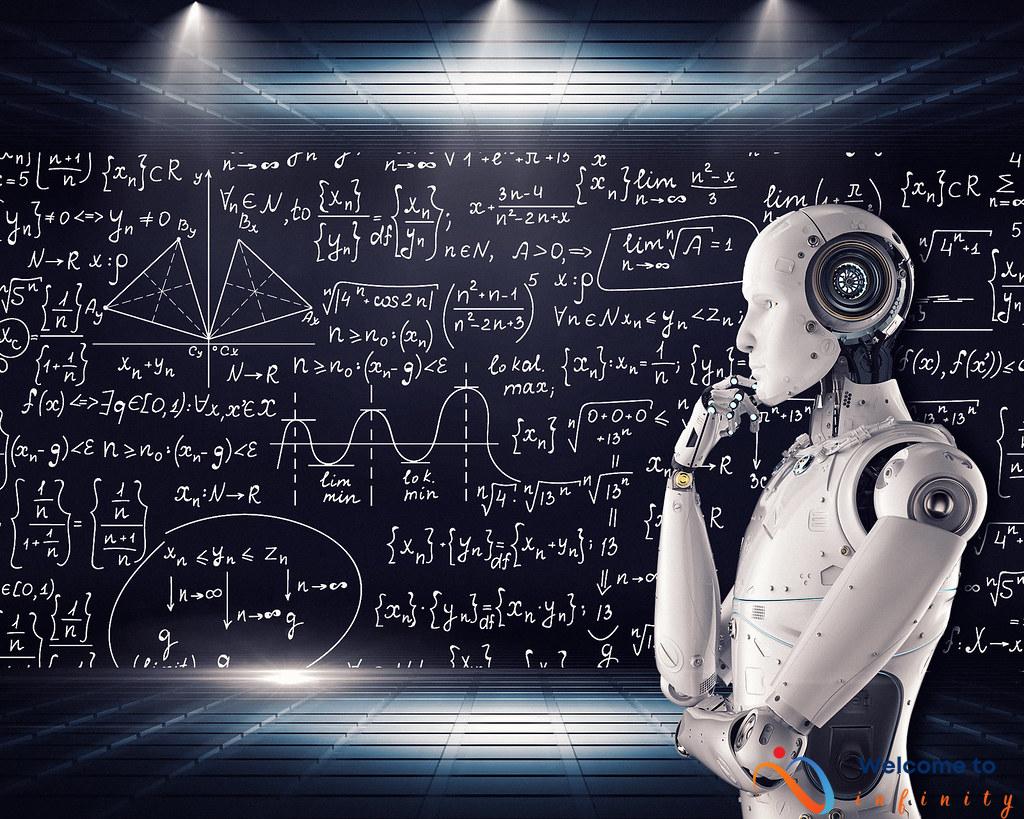From the way we listen to music to how we create it, the integration of artificial intelligence in the music industry has been nothing short of revolutionary. AI has the ability to process and learn music data, generating personalized compositions, creating new sounds, and even enhancing the overall listening experience. In this article, we'll take a closer look at the remarkable impact of AI on music and how it's creating innovative and adaptive sound experiences.
One of the most significant ways AI is shaping music is through AI-assisted composition. AI tools help composers generate unique, personalized compositions, providing new avenues to push their creative boundaries. The use of AI has also opened the doors for virtual collaboration with artificial intelligence-generated virtual artists, allowing musicians to create original music collaboratively in a virtual environment.
AI's application in music goes beyond composition and virtual collaboration. It has allowed for realistic audio creation, mimicking real-world sounds, making the listening experience more immersive. AI can analyze and interpret audience data, giving musicians the power to provide a personalized and engaging live music experience. The potential applications are endless, and the music industry is taking note.
The future of AI in the music industry looks bright. With its ability to push the boundaries of what is currently possible, AI is poised to transform music creation, distribution and consumption in many ways. It will allow for new sound design possibilities, new methods of music discovery, and even more personalized listening experiences. As AI continues to evolve, the possibilities are endless, and the future looks promising for the music industry.
AI-Assisted Composition
Artificial intelligence is changing the way that music is created and produced, with AI-assisted composition being a prime example of its impact on the music industry. By processing music data, AI can assist composers in generating personalized and unique compositions that fit their creative vision and style.
The use of AI in composition also opens up new possibilities for musicians, allowing them to experiment and explore new sounds and techniques. With the ability to learn and adapt to different styles of music, AI can provide musicians with suggestions and ideas that they may not have otherwise thought of.
One example of AI-assisted composition in action is the AI-powered music collaboration platform, Amper Music. Amper Music allows users to create original music in a variety of genres by using pre-designed music elements and manipulating them using AI assistance. This platform allows musicians to experiment with new sounds and create personalized compositions quickly and efficiently.
- AI-assisted composition is revolutionizing the music industry
- AI processes music data to assist composers in generating personalized compositions
- Musicians can explore new sounds and techniques with AI assistance
- AI-powered music collaboration platforms like Amper Music make it easy to create personalized compositions quickly and efficiently
Virtual Collaboration with Virtual Artists
The emergence of AI-generated virtual artists has revolutionized the way musicians create and collaborate in the music industry. With the use of AI, musicians have the opportunity to work alongside virtual artists in a virtual environment, creating original music that pushes the boundaries of what is currently possible.
The process involves feeding AI algorithms with the musical data of renowned artists and composers, which in turn, helps AI generate music that sounds like it was composed by the artist. This data can then be used to create a virtual artist, complete with a unique visual identity and musical style. Musicians can collaborate with these virtual artists in a virtual environment, resulting in music that is unique, personalized, and truly innovative.
The use of AI virtual artists opens up new possibilities for creativity and sound experiences, allowing musicians to create music that was previously impossible. With the ability to endlessly generate and manipulate sounds, musicians have access to a new toolkit of sound design, enabling them to push the boundaries of what is considered music.
In addition to assisting musicians in the creation of original music, AI-generated virtual artists are also being leveraged to adapt existing music in new ways. By analyzing the structure and content of existing music, AI can be used to generate various remixes and variations, enhancing the listening experience for audiences.
Overall, the use of AI-generated virtual artists has changed the game for music creation and collaboration, allowing musicians to explore new forms of creativity and expression. As AI technology continues to evolve, the possibilities for music creation and sound experiences are only going to grow.
Creating Realistic Audio
Artificial intelligence has the ability to create immersive audio experiences that mimic reality. By analyzing sound data, AI can accurately replicate the sound of real-world objects, environments, and even people. This opens up new possibilities for sound design in music, film, and other forms of media.
One example of AI-generated hyper-realistic audio is the sound of rain in a movie or video game. Traditionally, sound designers would create this by recording real rain sounds and layering them together to achieve the desired effect. However, AI can now create this sound from scratch by analyzing real rain sounds and generating a completely new audio track that accurately mimics the sound of a real rainstorm.
Another way AI can create realistic audio is by replicating the sound of specific instruments or even entire orchestras. This can be impressive for music producers who are looking for a fuller sound but don't have the means to record an entire orchestra. AI-generated music can create an immersive experience that sounds like a live orchestra is performing right in the room.
- AI-generated sound effects can be used in movies and video games to create more immersive experiences. For example, AI-generated gunshot sounds can be programmed to sound different depending on the environment they are fired in.
- AI-generated speech synthesis can create realistic-sounding voiceovers and dialogue for movies and other media. This technology is already being used by some companies to create virtual assistants that sound like real people.
In conclusion, AI has the potential to revolutionize the way sound experiences are created. With its ability to analyze and manipulate sound data, AI can create hyper-realistic audio that enhances the listening experience. This technology will continue to grow and evolve, opening up new possibilities for sound design in music and other forms of media.
The Future of Live Music
As AI technology continues to evolve, the future of live music performances looks bright. With the use of AI-powered tools, musicians can analyze and interpret audience data such as preferences, demographics, and location. This information can be used to create a more personalized and immersive live music experience for the audience.
For example, AI-powered sound systems can adapt to the acoustics of a particular venue, providing optimal sound quality for each seat in the house. Using AI-generated visual effects and lighting, musicians can create a multisensory experience that enhances the overall performance.
Furthermore, AI can assist in real-time audience engagement, providing personalized recommendations for upcoming concerts or merchandise based on their interests. This can lead to increased fan loyalty and revenue for the artist.
With AI technology, musicians have the opportunity to tailor their live performances to each individual in the audience, creating an immersive and unforgettable experience for all. As more artists begin to incorporate AI into their live shows, the possibilities for innovation and creativity are endless.
AI and the Music Industry
Artificial intelligence is shaking up the music industry in numerous ways, transforming everything from music creation to distribution and consumption. Thanks to AI's advanced capabilities in analyzing data and identifying patterns, music streaming services are able to offer personalized playlists that cater to listeners' individual tastes more effectively. Additionally, the ability to predict trends and identify upcoming hits has enabled record labels to make more informed decisions about which artists to sign and what types of music to promote.
In the music creation process, AI is being used as a tool to assist composers in generating unique and innovative compositions. With access to vast amounts of musical data, AI algorithms can identify patterns, predict trends, and suggest new directions for music to take. This has opened up new possibilities for sound design, with AI-generated sounds and virtual artists pushing the boundaries of what is currently possible.
AI is also revolutionizing the way live music is experienced. With the aid of AI-powered tools, musicians can analyze and interpret the audience's data in real-time, tailoring their performances to meet the expectations of their fans. This has paved the way for more personalized and immersive live music experiences that blur the lines between artist and audience.
In the years ahead, AI is set to play an increasingly important role in the music industry. From analyzing listening habits and predicting trends to creating unique and innovative sounds and compositions, it has the potential to radically transform the way that music is made, distributed, and consumed. As AI technology continues to evolve and become more sophisticated, we can expect to see even greater advancements in the music industry, putting more power and creativity into the hands of musicians and listeners alike.
Sound Design
When it comes to sound design in music, AI is pushing the limits of what is currently possible. With its ability to learn and analyze music data, AI is creating sounds that were previously impossible to achieve. AI is able to create unique sounds and textures that can be used to enhance music compositions and create new musical styles.
One way AI is being used in sound design is through the creation of virtual instruments. By analyzing and synthesizing real-world sounds, AI-generated virtual instruments can create new sounds that push the boundaries of what is currently possible. These virtual instruments can be used by composers and musicians to create unique soundscapes and textures in their music.
AI is also being used to create new sound effects that can enhance the listening experience. By analyzing various sound data, AI can create hyper-realistic sounds that mimic real-world sounds, such as water droplets or footsteps. These sounds can be used to immerse the listener into the music and create a truly unique experience.
Furthermore, AI is being used to create new musical genres by analyzing and synthesizing different types of music. This can lead to the creation of entirely new sounds, and possibly the evolution of current musical genres.
Overall, the role of AI in sound design is rapidly evolving, and it's opening up new possibilities for the future of music. Musicians and composers have the ability to experiment with new sounds and musical styles, ultimately pushing the boundaries of what is possible in music creation.
The Future of AI in Music
The future of AI in music is promising, with its potential to revolutionize the way sound experiences are created and consumed. As AI continues to learn and process music data, it will play an increasingly important role in music creation and open up new possibilities for sound design.
One area where AI is expected to make a significant impact is in the personalization of sound experiences. With the ability to analyze and interpret audience data, AI-powered tools can modify the music in real-time to provide a more tailored and immersive experience. This means that listeners will have greater control over their sound experiences while also being exposed to new and innovative music.
AI is also expected to enhance the live music experience for both musicians and listeners. With the use of AI-powered tools, musicians can analyze audience data to fine-tune their performances and provide a more personalized experience. This means that listeners will be able to enjoy more immersive and engaging live music experiences.
In addition, AI-powered virtual artists will enable musicians to collaborate in new and exciting ways, opening up new possibilities for music creation. This collaboration may lead to the emergence of new musical genres and sounds that previously could not be achieved.
As the technology continues to evolve, we can expect AI to further push the boundaries of what is currently possible in music creation and sound experiences. With more power and creativity in the hands of both musicians and listeners, the future of AI in music is indeed exciting.





